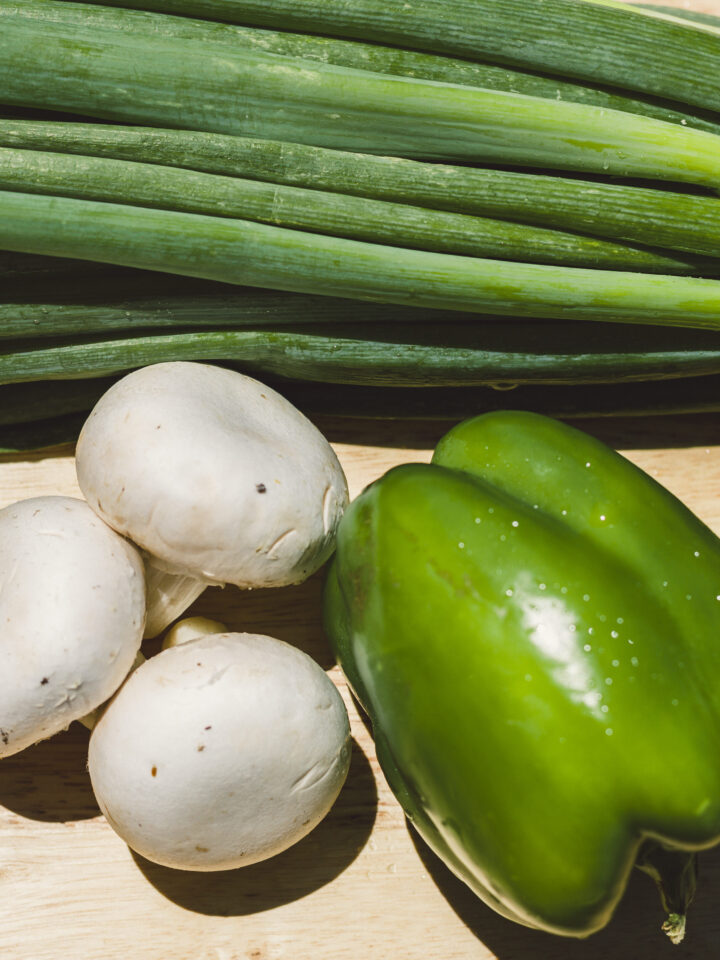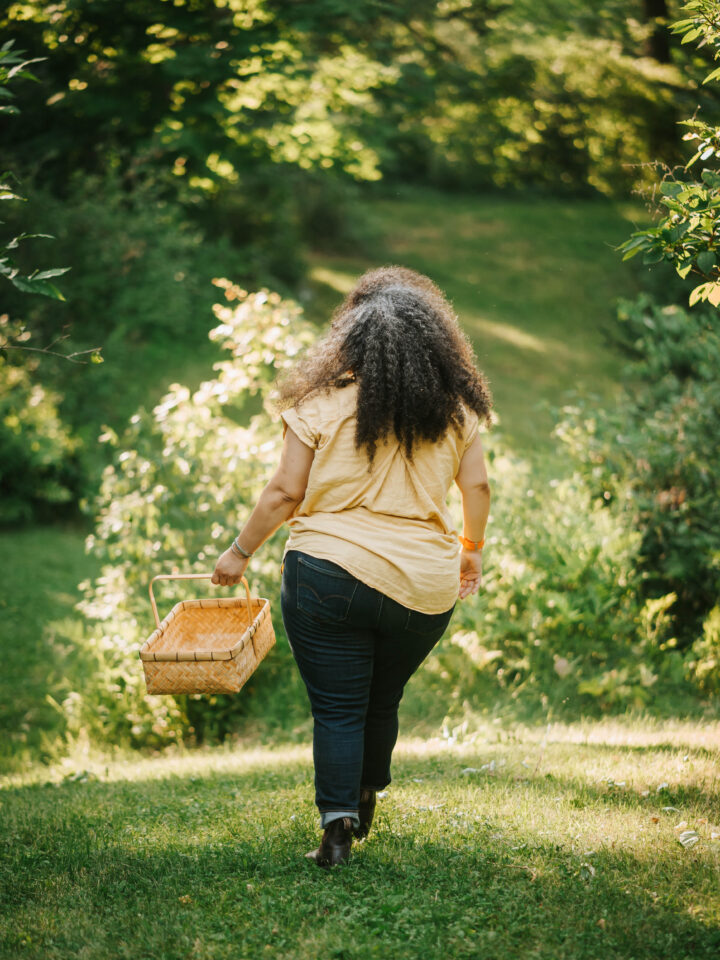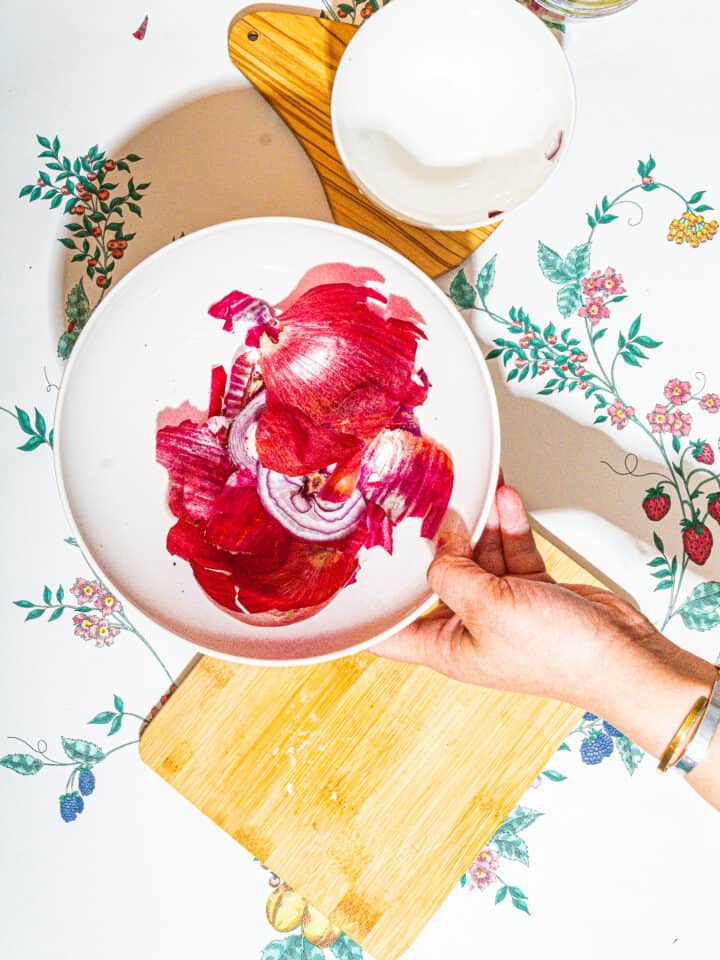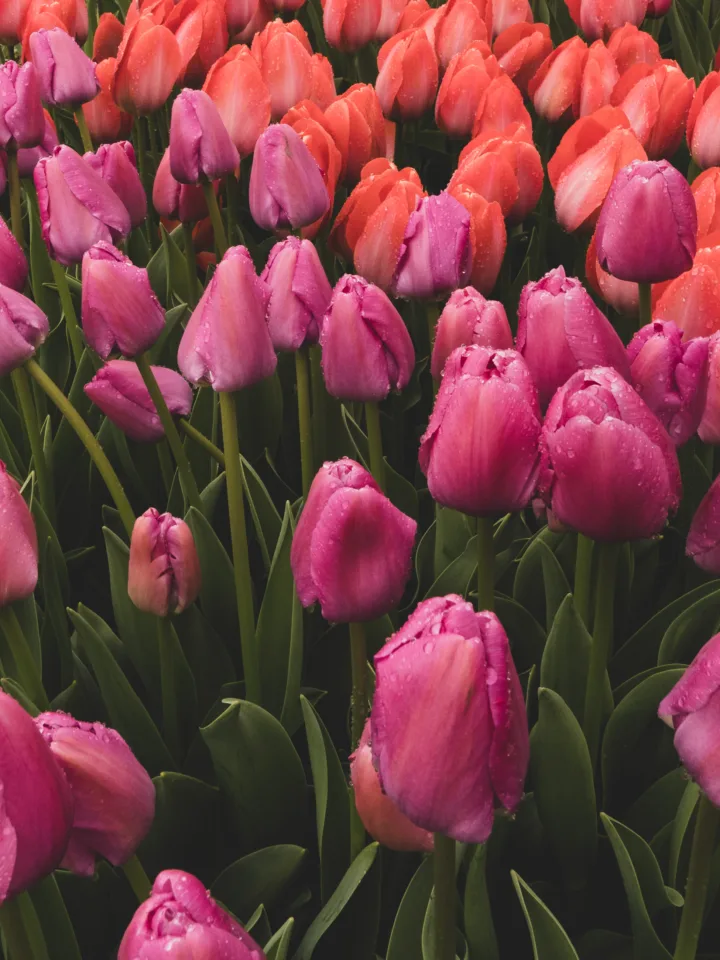If you struggle to cut down on food waste but hate the thought of ending up in a landfill, there is an alternative.
Make your own compost! You can use food scraps to create rich soil that can be used to grow beautiful flowers and vegetables. Learn more about the process, how it works, when to make it, and why it is so effective.

What is composting?
Composting is the agricultural process that breaks down organic matter into humus (nutrient-rich soil). It's also known as "bio-degradation," which means that microorganisms break down organic matter into plant nutrients. Various materials can be composted, including plant waste, manure, leaves, and grass clippings.
In general, terms, composting is the controlled decomposition of organic matter through aerobic (oxygen-dependent) bacteria that help break down large pieces of organic material into smaller particles that are more easily used by plants as fertilizer. The process also reduces odor from decaying matter and improves soil fertility.
It's good for your plants and contributes to reducing waste and recycling nutrients into the soil.
Why Create Your Own Compost?
Composting is a natural process that can significantly benefit the environment. For example, if more than food is thrown away could be used for compost. So, what are the benefits?
Remove waste and recycle resources. Composting is an excellent way to reduce household waste by turning it into a valuable resource. If you do not have access to land or do not want to purchase expensive garden soil, then there is nothing better than using your own compost to help your garden flourish and grow.
Reduce the use of fertilizers and pesticides. You may have noticed that many commercial gardening products are expensive compared to other options available today. By composting your own compost, you can use this as a fertilizer for plants, resulting in a healthier garden overall.
This means that reducing pollution caused by them entering our waterways through run-off from watering plants or watering lawns with treated water from drainage systems around homes or businesses throughout America's urban areas where all of our cities are located within close proximity of each other while also being located near bodies of water.
Save Money: Composting costs very little to start up and maintain once established. You can even sell the excess finished product at farmers' markets or online if you have an ample enough supply!
Different Types of Compost
Composting can involve two methods: active or passive.
Passive composting relies on microorganisms to break down materials over time — it doesn't require any additional effort from you other than gathering the materials together and leaving them alone!
Active composting involves adding extra ingredients like nitrogen-rich manure or green leaves (which release carbon dioxide). Both methods result in finished compost that can be used as fertilizer for plants or soil conditioner for potted plants or gardens.
What Will You Need?
If you decide to make your own compost, you'll need a few things. These include:
- A compost bin/barrel
- A well-drained space
- Worms
- Organic material
You'll need a good barrel or compost bin to get started. You'll find these are readily available online. You can even find small compost bins that are ideal for smaller gardens. It will also need a well-drained space to live in.
Worms and organic materials are the most important ingredients. The worms help to break down the compost, adding nutrients to it as they work. You can purchase compost worms online or find some in your garden.
The compost should consist of garden waste as well as food waste.
What Food Can You Compost?
So, what kind of food can you throw on the compost heap? Fruit and vegetable scraps are the best options, alongside coffee grounds, dry leaves, and eggshells. However, eggshells may take a while to decompose, so throw these in sparingly.
The Things You Should Never Compost
What about the things you should never add to your compost? The following foods and items should never be composted…
- Meat
- Oil, fat, and grease
- Dairy products
- Diseased plant materials
- Bread
You'll also want to avoid adding citrus peelings, onions, and garlic. The reason for this is that these foods can repel worms. As you need the worms to break down the compost, you don't need anything in there that will put them off!
Getting Started
When you're starting a compost pile, the first thing you need to do is find a suitable location for it. First, you will want an area with good drainage and plenty of sun exposure.
You can purchase a compost bin online or find one in your local hardware store. Invest in compost worms to help break your organic waste into usable material.
The next step is to fill your bin with organic materials such as shredded leaves, grass clippings, and food scraps like fruits and vegetables. You can also add dryer lint and coffee grounds if you have them handy!
The key is to keep adding new materials until the pile gets full enough so that it doesn't have little space left for air circulation - but don't forget to keep watering it regularly!
After about six months or so, you'll start noticing black liquid coming out of your composting bin - all those nutrients are being released into the soil below it!






Comments
No Comments